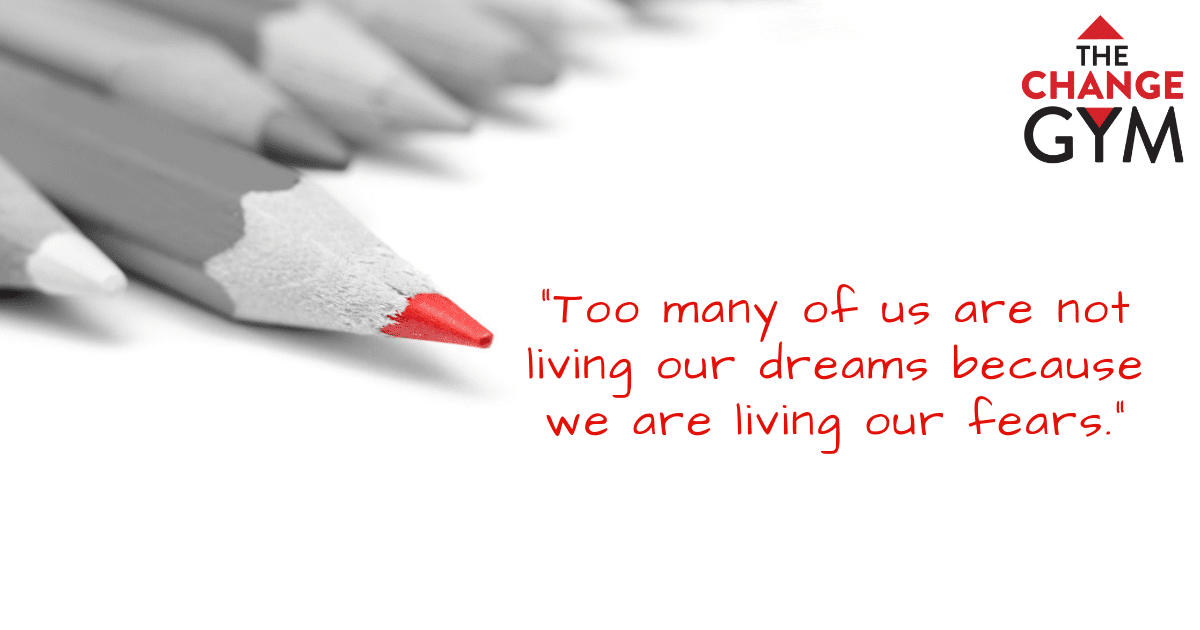
Anxiety
Have you ever thought of how clients feel before that first coaching session they have with you? Some might be excited and really looking forward to it, but others might be slightly anxious about it. Anxiety isn’t a helpful emotion in coaching so in this article we are going to consider some practical steps you can take to reduce those unwanted feelings of anxiety.
Before we look at those steps, let’s first consider why your clients might be anxious about coming to a coach. They might:
- Feel vulnerable about revealing themselves to someone they don’t know
- Fear some of the emotions that arise when they confront certain realities
- May be concerned you will want to explore areas of themselves they are too frightened to look at, or even acknowledge
- Might be concerned you will judge them for having certain opinions, beliefs, or behaviours
- Could be worried you will get them to try things they fear
Adults have life experience we should respect, but the meanings they make of that experience do not always help them move in the direction of their dreams. Sometimes they need to let go of familiar meanings and stories and be open to make new ones. This can be a challenging journey that easily produces anxiety, and anxiety becomes a trap that messes with clients’ ability to learn and grow. Here are 5 things you can do as a coach to help your clients be less anxious. I will also throw in a bonus one at the end.
Create a safe place. The coaching space you create (whether face-to-face or online) should be welcoming, relaxed, accepting, and engaging. Help the client feel they are important, and you genuinely want to hear their story. Listen attentively and acknowledge your understanding of their ideas and emotions. You may not agree with their ideas, but they are what they are, and they probably make sense to them right now. If you challenge their ideas, do so with care and compassion and don’t make them feel judged. So seek to understand what it feels like to look through their eyes. Make it safe for the client to open up and be real.
Negotiate the coaching experience. Adults feel vulnerable when they feel powerless, so make sure your clients have control over what they tell you, how much they tell you, when they tell you, and how they tell you. Let them own the content they discuss with you. Also, let them own the process. Perhaps they want to unload, so listen to them. If they want to explore, go on a journey together. Should they want feedback, provide it sensitively and with their best interest at heart. Make sure what happens is relevant to the client.
Combine reflection and application. It is usually helpful for clients to reflect on their lives and stories. Sometimes retelling old stories to new people only gives them more power, so you want to get clients to reflect on the stories they tell. Ask them to think about why they mention certain parts of the story and what they leave out. Get them to reflect on how they know certain elements of the story are true. Ask them what the story means to them. But, importantly, also get them to think about how a new awareness, realisation, or idea could be applied in their behaviour. And then get them to do it. Get them to live out a new and more-adaptive story of who they are and how they behave.
Reinforce a sense of achievement. Help the client get the sense they are on a learning journey – a journey of personal and professional growth and expansion. Help them define signposts along the journey, so they have a sense of what they are trying to achieve, where they are going, and markers along the way that show progress. If people get lost and feel they are not making any progress, their levels of anxiety will increase.
Promote self-evaluation. It’s good to provide feedback to your client, but it is better if he or she develops the ability to reflect on and assess their own progress and decide where to go next. This affirms and empowers them to take charge of their own learning.
These 5 suggestions mirror what is contained in the International Coach Federation (ICF) Core Competencies. But there is one other very important thing you should always remember. Commit to being ethical. Read through the Code of Ethics supplied by the ICF or the European Mentoring and Coaching Council, but don’t just read it – live it. If you coach out of an ethical life, you will build trust and your clients will feel safe.
If any are new to you, try them out for yourself, . There are many other things we could add to this list. What other ideas work for you? What would you add to my list? Please share your ideas and support others who may be looking for help. Reach out to me if you’d like connect.
Written by Steve Barlow